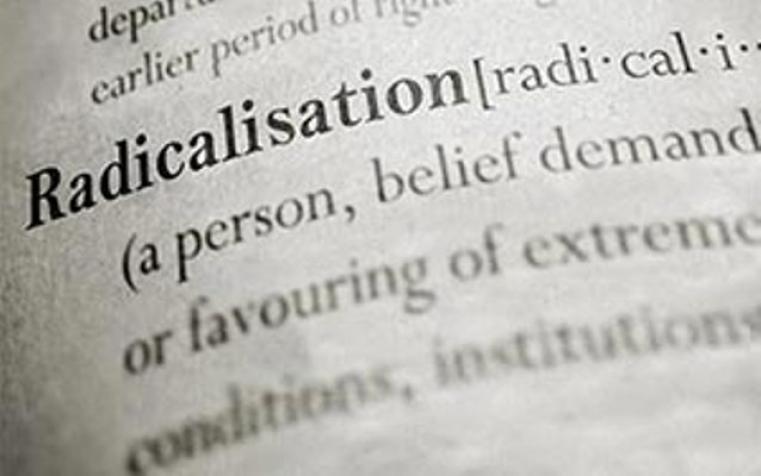
Prize for cartoonist Westergaard: Muslims disappointed of Merkel
8 September 2010 German Chancellor Angela Merkel has awarded the Media Prize M100 to the Danish cartoonist Kurt Westergaard. In 2005, Westergaard had drawn a cartoon of the Prophet Mohammed, showing him with a bomb in his turban, which had subsequently caused major upheavals in Europe and the Islamic world. He has received death threats…




